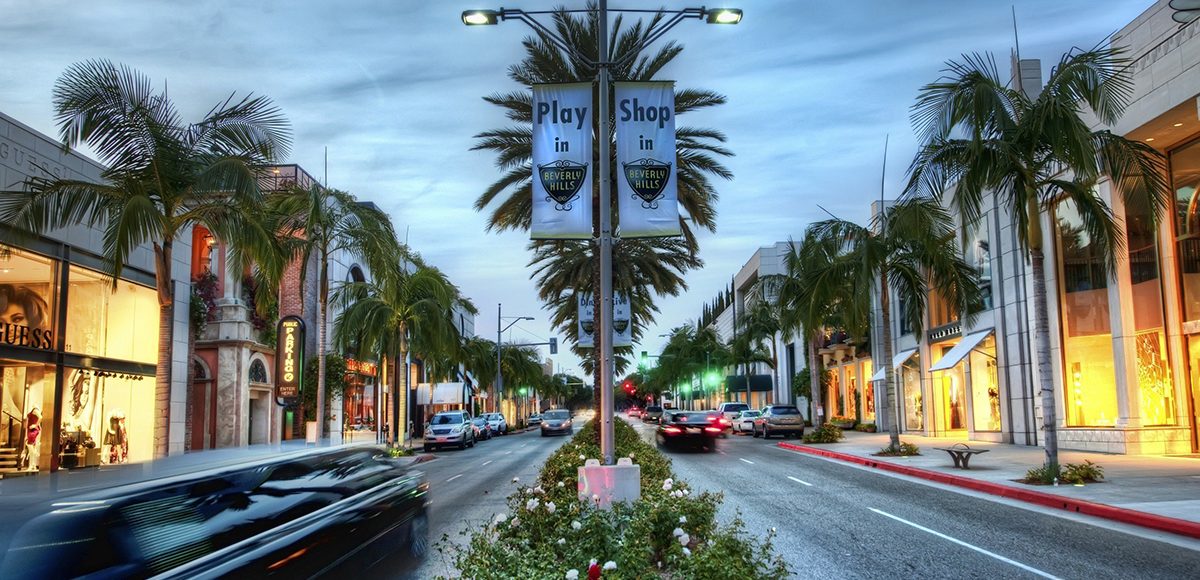As Beverly Hills moves forward into 2020, so too do the City’s goals for limiting the amount of trash that winds up in landfills.
According to Gary Clifford, Executive Vice President of Athens Environmental Services, which last November was awarded an eight-year contract extension to provide single stream commercial and multi-family garbage services for the City, Beverly Hills is on track to divert at least 60 percent of what is collected from landfills.
“We really have to promote using less,” the City’s Director of Public Works Shana Epstein told the Courier. From educating people to reducing their usage of plastic water bottles (Epstein highlighted that the water that comes from taps in Beverly Hills is “perfect” for drinking) to encouraging businesses to move away from single-use plastics, Beverly Hills continues to move forward in helping residents and businesses to take steps that actively support environmental sustainability.
The City currently has an integrated approach for refuse collection services including trash, green waste and recycling. Black (or blue) containers are used for all household refuse including recyclables, and green containers are used for yard clippings, in addition to food and compostables like soiled pizza boxes. All mixed waste from the black (or blue) containers is sorted at the material recovery facility in Sun Valley while the yard clippings are sent to a composting facility.
Since switching to a two-stream collection system in 2004 and having recycling separated out at the material recovery facility in Sun Valley, which Athens now operates, Epstein said the City has taken active steps to streamline waste collection, foster awareness within the community and ensure that its waste services providers are effectively routing recyclables from landfills. Epstein said the City’s recycling rate increased after allowing people to throw everything (outside of green waste) into one bin and using a facility to sort out the recyclables from the waste. Prior to switching from a three-stream collection system, in 2003 the City had a diversion rate of 38 percent, a City staff report found.
According to a City staff report, in 2018 Beverly Hills had a per capita diversion rate of 62 percent. Epstein said the City continues to exceed the 60 percent overall rate, which is Athens’ contractual commercial diversion rate, and continues to build the program to be even better.
“We’re trying to find the best fit for our community and we believe we’ve done that,” Epstein said. “I think people want to do the right thing. You just need to provide them the information and make it easy for them.”
In tandem with increased educational programs the City will be launching a trio of sustainability workshops starting this month Clifford said the Sun Valley Material Recovery Facility effectively processes waste via its workforce of around 250 people and two robots to ensure that 60 percent of what is collected does not wind up in landfills. Green waste, he said, goes to an organic composting farm in either Victorville or Lamont.
The City’s upcoming sustainability workshop series (www.beverlyhills.org/ sustainabilityworkshop) launches Jan. 30 with Dr. Woodrow Clark speaking on the topic of Circular Economics (sustainability and economics.) On Feb. 12, Bernadet Silva- Garcia, MPH, will speak on the topic of food waste reduction and options. On March 11, attorney Caryn Mandelbaum will speak on water resources. All workshops, which will be held from 6:30-7:30 p.m. in the Municipal Gallery at City Hall, are free and open to the public.
“Once we get people on board, then we can do a policy change,” explained Epstein.







